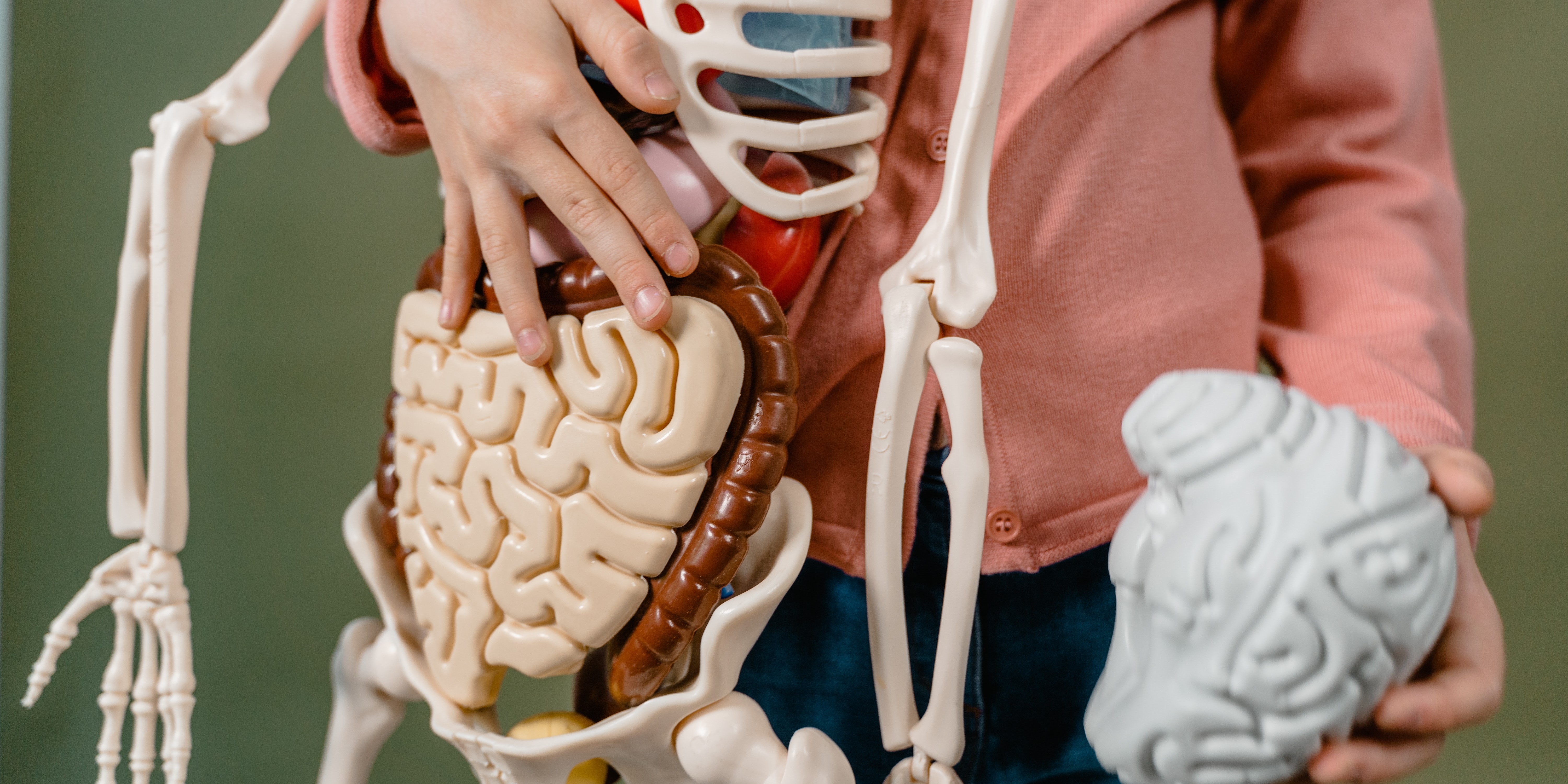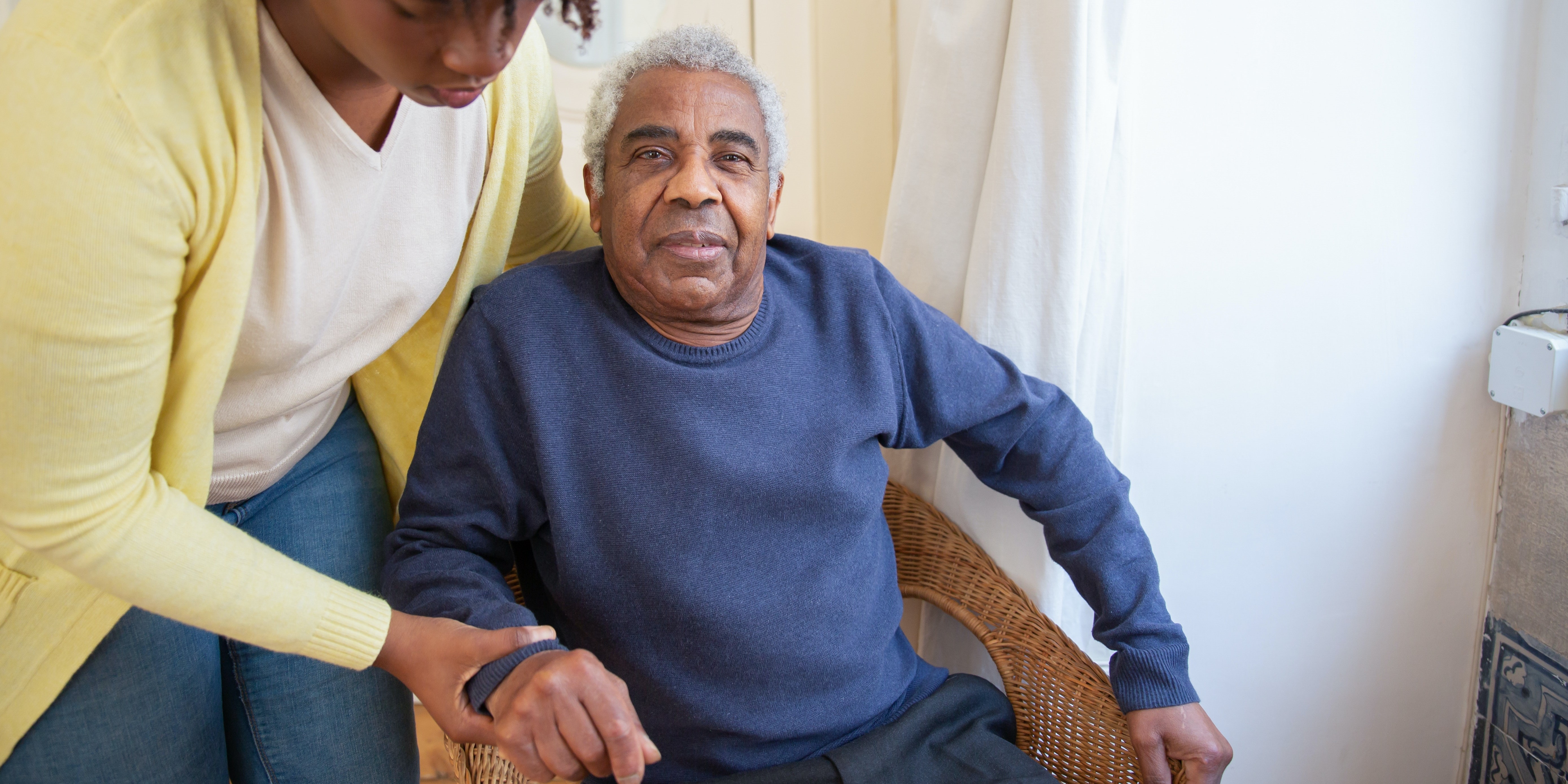Neurologic Conditions and Pelvic Floor Rehab
| Price: $695 (Early Registrant Price $675) Experience Level: Intermediate Contact Hours: 21 |
This three-day, intermediate course is intended for the pelvic rehab therapist evaluating and treating neurologically complex patients. Conditions that will be covered in depth include Multiple Sclerosis, Spinal Cord Injuries, and Parkinson Disease. General neurologic evaluation and treatment considerations will also be covered. This will be useful for a multitude of other neurologic conditions one might encounter to help optimize the quality of life and help in promoting your neurologic specialty services. This course was written and developed by Stephanie Bobinger, PT, DPT, WCS, Program Director for the Women’s Health PT Residency Program at The Ohio State University Wexner Medical Center and new member for SACE (Specialization of Content Experts) for Women’s Health and Erica Vitek, MOT, OTR, BCB-PMD, PRPC, program director for Parkinson disease rehabilitation at Aurora Sinai Medical Center in Milwaukee, Wisconsin, LSVT BIG certification course faculty member for LSVT Global (providing exercise rehabilitation education for clinicians treating people with Parkinson disease), and partner, author, and presenter with the Wisconsin Parkinson Association.
The first day will introduce neuroanatomy and pathophysiology of the central and peripheral nervous system and related pelvic structures to provide a base knowledge for in depth neuro discussion over the three day course. An overview of neurogenic bladder, the neurogenic bowel, and neurogenic sexual health considerations will also provide clinic reasoning resources when discussing evaluation and treatment of specific neurologic conditions. The remaining coursework will provide in-depth knowledge and understanding of characteristic pelvic health conditions and therapeutic and medical pelvic health interventions for Multiple Sclerosis, Spinal Cord Injury and Parkinson disease.
Lab work will include neurological pelvic examination, identification of red flags, neurologic facilitation techniques for emptying/storage disorders and difficult conversations, which will address the challenges we face clinically when addressing restoration vs compensation with this very challenging population. The final day will include an hour of Ask the Experts Q&A, so participants may problem-solve with the instructors about their own complex neurologic patients.
Special Considerations
PLEASE NOTE: This course includes internal assessment and exam techniques, which will be practiced in partnered pairs in lab time. H&W strives to foster an environment that is safe and supportive. Survivors of past trauma should be aware that performing or experiencing internal exam may be triggering, and that many, regardless of their histories, feel strong emotions when practicing these techniques. In order to foster an environment that is non-triggering and safe for all participants, we recommend all participants consider the emotional impact they may experience during the course, and consider consulting a trauma counselor or therapist prior to attending.
Prerequisites:
Pelvic Floor Level 1, through Herman & Wallace or Pelvic PT 1 through the APTA is required. It is also highly recommend the particpant have past experience with assessing and treating patients with bowel dysfunction. Exceptions to this policy may be granted on a case-by-case basis, to inquire about such exceptions please contact us.
1. NICE Guidelines on Neurogenic Urinary Incontinence
2. Neurophysiologic Evaluation of Pelvic Floor
3. Neurogenic Bowel Physiology Overview
What To Bring:
A couple pieces of theraband of different resistance for exercise (not a roll)
A Pilates ball (around 8inches on average if have already, please do not feel the need to buy one)
Colored pencils
|
Day One: |
Day Two: |
Day Three: |
Upon completion of this continuing education seminar, participants will be able to:
1. List key parts of the central and peripheral nervous systems
2. Identify brain regions and regulation of neurologic and pelvic function
3. Understand spinal cord segments, communication tracts, reflexes, plexuses, and contributions to pelvic function
4. List neurotransmitters and their contributions to brain functionality and pelvic function
5. Understand the parasympathetic, sympathetic and autonomic nervous system contributions to pelvic function
6. Describe pelvic visceral function and nervous system control
7. Understand the pelvic genitalia, innervation, and hormonal influence on pelvic function
8. Identify neurological pathways related to pelvic function
9. Determine strategies for therapeutic evaluation and interventions for urologic complications of neurogenic bladder, for gastrointestinal complications in neurogenic bowel, and neurogenic sexual health considerations when neurologic interruptions impact sexual functionality
10. Through clinical reasoning, determine when to refer or consult for further neurologic medical assessment
11. Develop advanced bladder or bowel training programs for complex overactive bladder, urinary retention, catheter weaning, constipation, and incontinence
12. Discern when pelvic floor rehabilitation may be appropriate in persons with neurological conditions such as Multiple Sclerosis, Spinal Cord Injury, and Parkinson disease
13. Identify evidenced based rehabilitative evaluative and treatment interventions for persons with neurological conditions such as Multiple Sclerosis, Spinal Cord Injury, and Parkinson disease
14. Understand when to appropriately consider recovery vs compensatory techniques
We always want to hear from those interested in hosting our courses. We work with healthcare organizations of all types, sizes, and locations. Please, Contact us about Hosting Neurologic Conditions and Pelvic Floor Rehab or any other course!
Instructors were very knowledge(experts in their fields).
- Emily Summerfield OTR/L - Ankeny, IA
This course was a great opportunity for me, as a recent graduate interested in neurological conditions as well as pelvic floor PT, to start thinking about how to merge these interests. Thank you Stephanie and Erica for a great course.
- Jenna Lewis - Philadelphia, PA
Stephanie and Erica are exceptionally knowledgeable on the neurological subject matter. They do a wonderful job mixing personal anecdotes with a ton of evidence you leave with so much information to apply in practice.
- Stephanie Spindler, PT, DPT - Beaverton, OR
I can only imagine how much time it took to prepare this course. The dedication, passion, commitment to improving the level of care we give. So appreciated!
- Sharyn Coates, MOTR/L, BCB-PMD - Wyoming, MI





